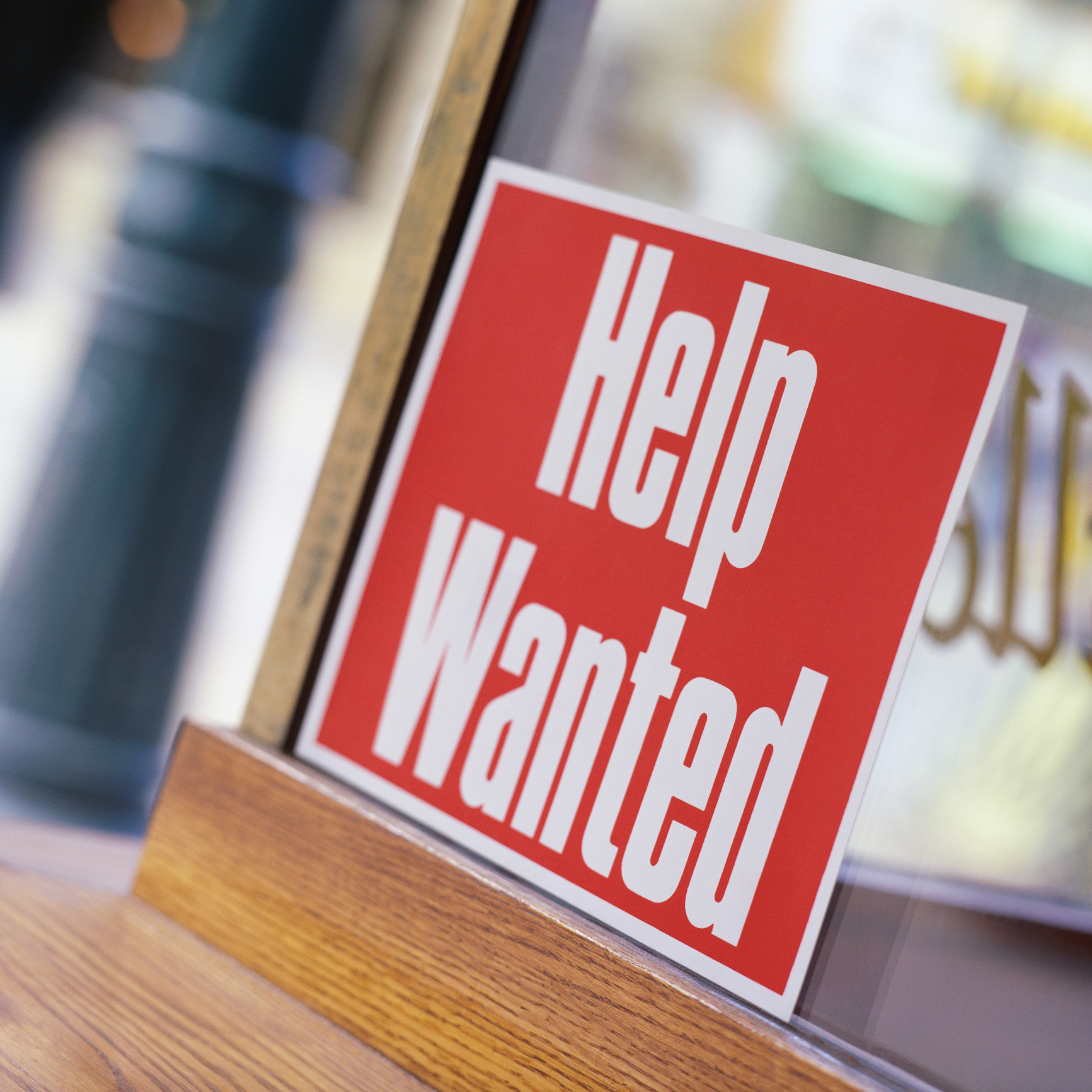
The National Federation of Independent Business (NFIB) Tuesday morning reported that its small business optimism index for April rose one point from 92.6 in March to come in at 93.6. The April reading remains well below the index’s 42-year average of 98.
The four “hard” measures of the index posted mixed results last month. The job creation component rose two percentage points in April to 11%, the job openings component rose four points to 29%, capital spending plans remained unchanged at 25% and inventory investment plans rose two points to zero.
Some 24% of small business owners reported raising employees’ pay in the past three months. That’s up two points on a seasonally adjusted basis from the March total. Just 15% are planning to raise wages in the next three months, a decrease of one point month over month.
In its commentary on the report the NFIB noted:
The Federal Reserve continues to send out a message of economic weakness, indicating that the economy is too weak to be able to handle a 25 basis point increase in the Federal Funds rate. This reinforces the uncertainty felt on Main Street and supports the reluctance to spend and hire reflected in the NFIB measures. The Fed has been trying for years to reach its targets of “maximum employment” and 2 percent inflation without success. There is no cheerleader for the economy.
Measures of consumer optimism are also weak, offering no hope of significant gains in spending as the savings rate increases. There is no exuberance to be found, a flatness in optimism pervades the economy, consistent with the plodding growth characterizing this recovery.
Fred Graziano, head of Commercial Banking at TD Bank, commented on the March report:
Given last month’s low, today’s Small Business Optimism data was not unexpected and reflects the ongoing uncertainty small business owners currently face, especially in the midst of an election year. Current economic conditions also have led to concerns among small business owners over the future of business growth, but ultimately, optimism and growth should improve in the coming months.
The NFIB reports that 29% of business owners currently have positions open that they are unable to fill (up four percentage points from March) and that 46% said there were few or no qualified applicants for the open positions, up five points from the prior month’s total.
Business owners said their single most important problem is taxes (21%), government regulations and red tape (20%) or poor sales (12%). The least important problem is financing and interest rates (2%) or inflation (2%).
It’s Your Money, Your Future—Own It (sponsor)
Are you ahead, or behind on retirement? For families with more than $500,000 saved for retirement, finding a financial advisor who puts your interest first can be the difference, and today it’s easier than ever. SmartAsset’s free tool matches you with up to three fiduciary financial advisors who serve your area in minutes. Each advisor has been carefully vetted and must act in your best interests. Start your search now.
If you’ve saved and built a substantial nest egg for you and your family, don’t delay; get started right here and help your retirement dreams become a retirement reality.
Thank you for reading! Have some feedback for us?
Contact the 24/7 Wall St. editorial team.


